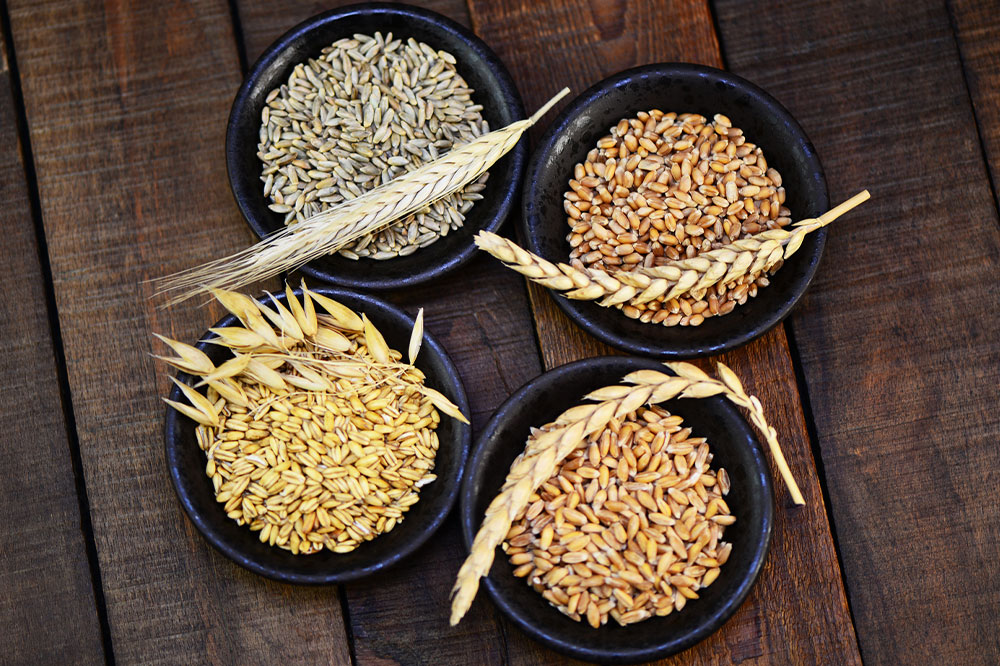10 gut-friendly foods for those with Crohn’s disease

Crohn’s disease is a lifelong condition that is characterized by irritation in various parts of the digestive tract. It is a type of Inflammatory Bowel Disease(IBD) and can lead to symptoms such as diarrhea, bloating, pain in the abdomen, nausea, and even loss of appetite. These can lead to secondary conditions such as dehydration and malnutrition. Read on to learn about 10 foods that are safe to eat with Crohn’s disease.
Yogurt
Yogurt is a great food for those who have Crohn’s disease. It is also available everywhere and, most important, can be eaten on the go. Yogurt is also a rich source of calcium essential to manage Crohn’s.
Hummus
Hummus is a chickpea spread that is nutritionally dense and is suitable for those who want to maintain a healthy weight.
Bananas
Bananas make for a tasty snack. They are loaded with potassium and other essential nutrients that keep the body healthy. Those with Crohn’s can eat bananas at any stage of ripeness except for when it is green.
Fruits
Aside from bananas, there are other fruits that can be consumed even with Crohn’s disease. Fruits are packed to the brim with vitamins, minerals, and antioxidants that are great for the body. They are also rich sources of natural sugars and fibers that help with bowel movement. You can try fruits such as papayas and avocados.
Eggs
When recovering from a gut inflammation or Crohn’s flare-up, it is important to get the right amount of proteins in the body. Proteins that come from animals help the body repair tissue and boost cell growth. But, at times, animal meat can lead to more digestive troubles. This is why it is safer to opt for eggs. You can try having them hard-boiled, poached, or scrambled.
Oatmeal
Oatmeal contains soluble fibers that break down in the stomach. They absorb water and allow for better absorption of nutrients. They also slowly pass through the digestive system, ensuring gut health and preventing flare-ups.
Lean meat
Foods that are high in fats could worsen the symptoms of a Crohn’s flare-up. Instead, you can opt for foods high in protein and other nutrients. For example, skinless chicken and turkey are good meats to eat with Crohn’s disease.
Soy
Soy is also a great source of lean protein. This makes it suitable for those who have Crohn’s disease. Some studies have shown that it also contains bioactive peptides that have antioxidant and anti-inflammatory properties, which can help manage the symptoms of Crohn’s.
Green tea
Studies have found that the chemical epigallocatechin-3-gallate present in green tea can help fight inflammation. More research is needed, but adding green tea to your daily meals will only benefit you as it is a rich source of antioxidants.
Curcumin
Curcumin is a compound that is found in turmeric. It has anti-inflammatory properties, which can help fight the symptoms of Crohn’s disease. It also adds flavor to your meals without impacting gut health.


